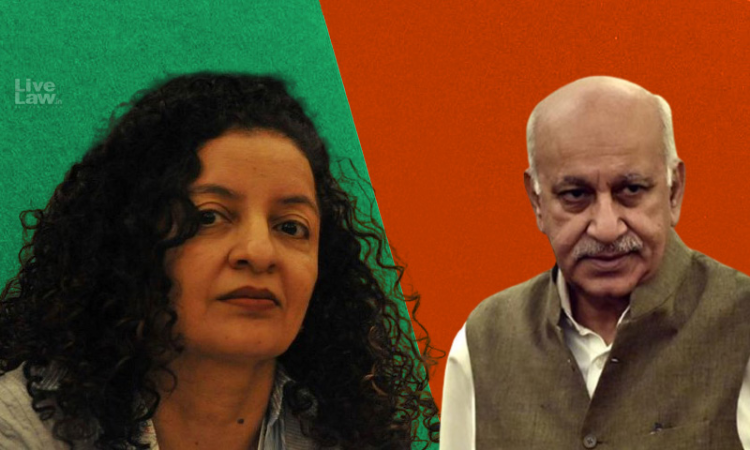The verdict on journalist Priya Ramani's acquittal in former Union Minister MJ Akbar's defamation case against her, delivered by ACMM Ravindra Pandey of Rouse Avenue Court in Delhi, may well be a long due shot in the arm for rights of sexual harassment survivors in the country. Ramani's act of speaking out, her firm refusal to "settle" the matter when offered to do so, and her defence in...

